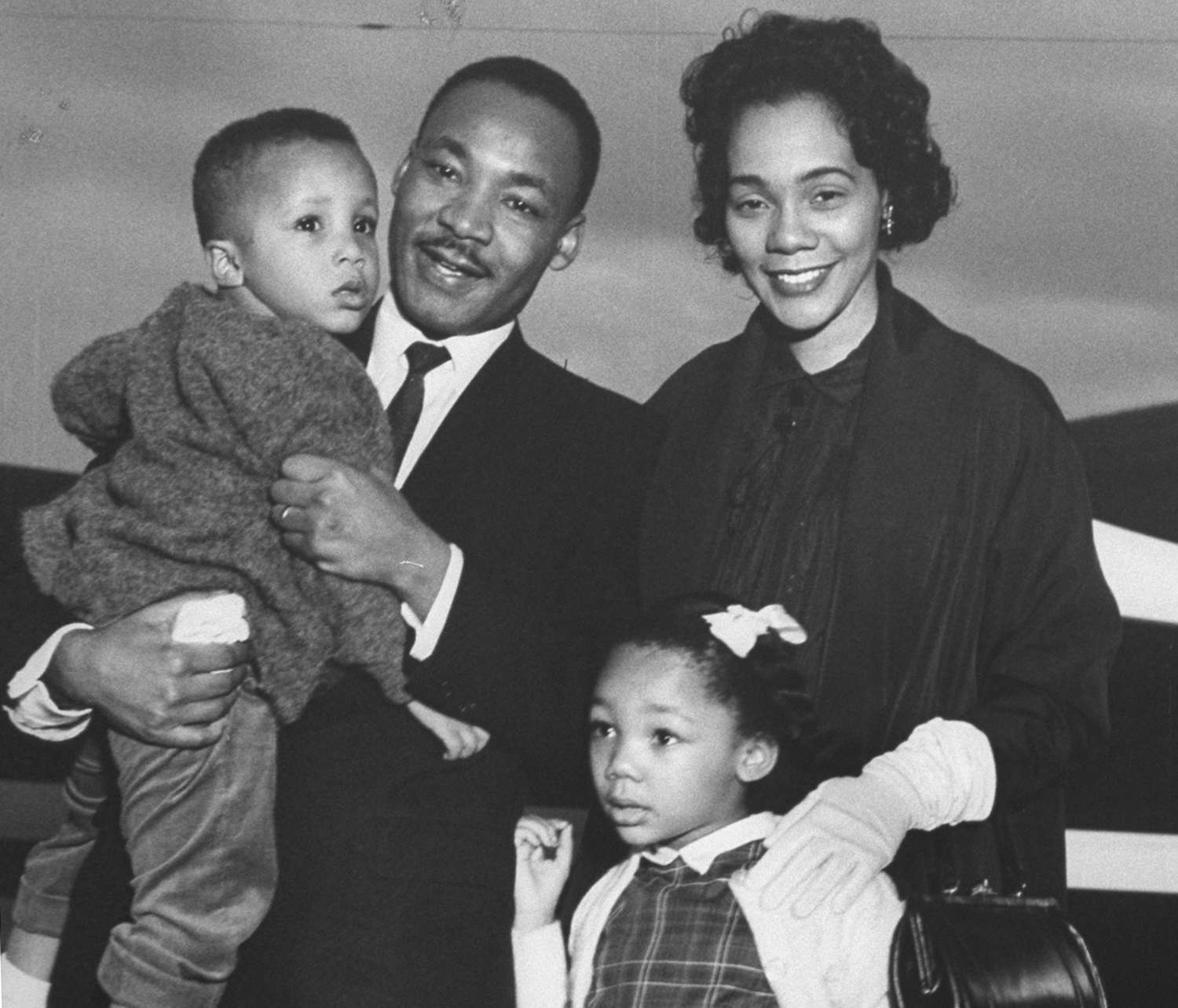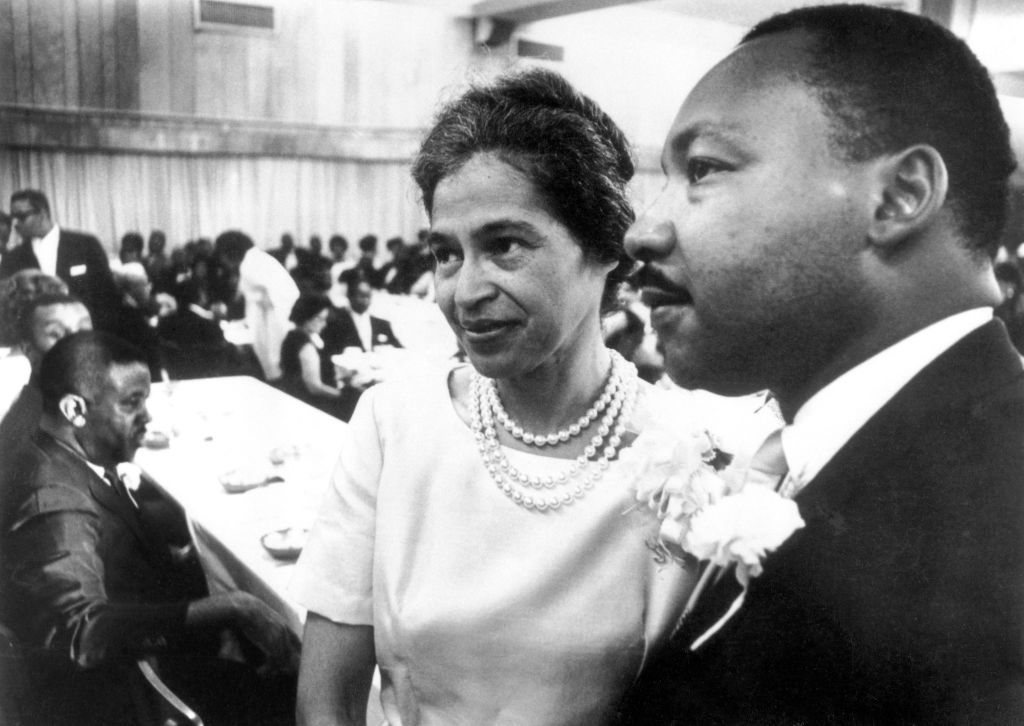Martin Luther King Jr.
To keep the boycott going until Black Americans were given better treatment on buses, Black leaders established the Montgomery Improvement Association and elected 26-year-old-pastor Martin Luther King Jr. as the president and spokesperson. The Montgomery Bus Boycott was the first large-scale demonstration against segregation and lasted 381 days. Finally, on December 21, 1956, Montgomery’s buses were integrated. This was a great victory for the civil rights movement but the work was far from over.


King talked about how all people, regardless of what they looked like, were created equal and that it was what was inside of their hearts that was most important. King declared, “I have a dream that my four little children will one day live in a nation where they will not be judged by the color of their skin but by the content of their character.”
